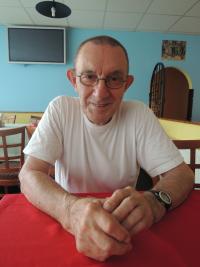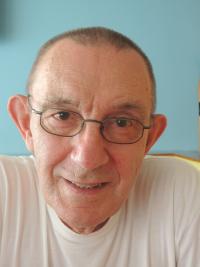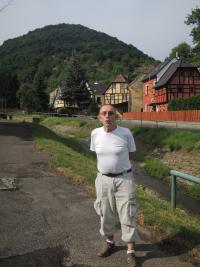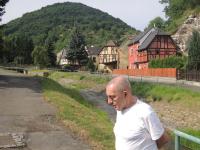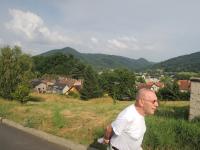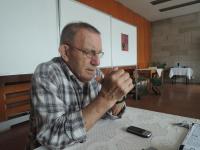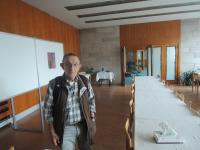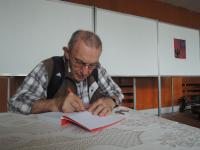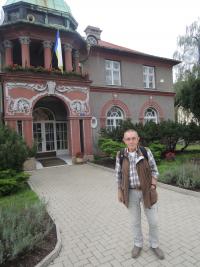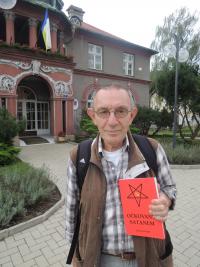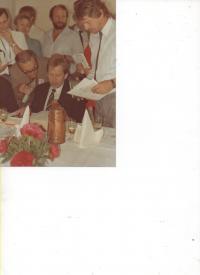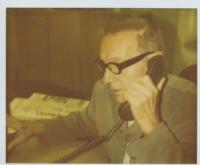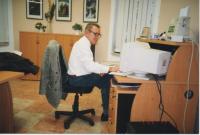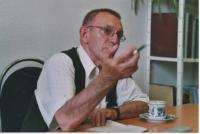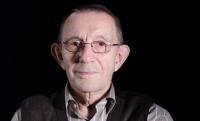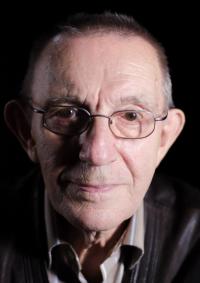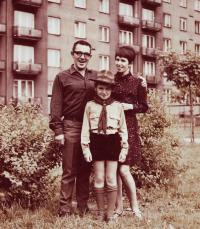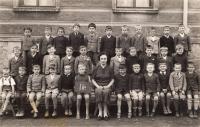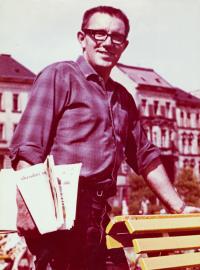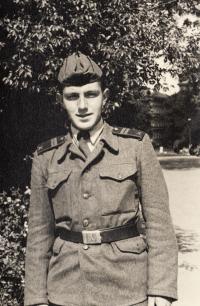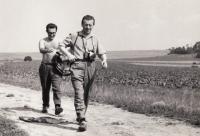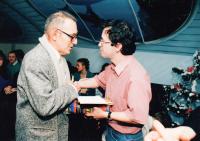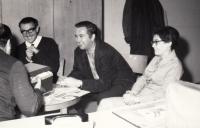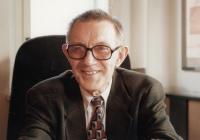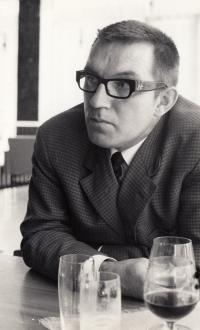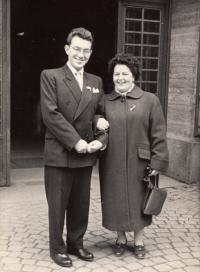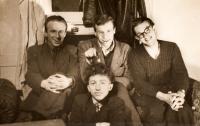“If a person is convinced that the regime in which he lives is based on lies, violence, and deception of the public, then he surely cannot support it in public.”

Download image
Jaroslav Haidler was born on the 14th of June 1933 in Liberec. His mother was a committed Communist, but his father had other opinions. After the German occupation, the family was forced to move out of the border region. They settled down in Říčany near Prague, and after the war, they moved to Frýdlant. His father was presumably shot while pursuing anti-state activities on the borders. Jaroslav was expelled from secondary school in his seventh year for claiming that there were “no heroes lying in the grave of the liberators.”He worked at a textile-machine factory in Frýdlant. He later attended a boarding school for “politically impaired” youth, where he was accused of sedition together with several classmates for listening to Radio Free Europe. After serving in the military, he worked as an agricultural journalist of Vesnice Frýdlantska (Village of Frýdlant District). In 1958, he served shortly for the Ministry of Interior as the interpreter for a Soviet advisor. In 1960, he began cooperating with the North Bohemian daily newspaper, Průboj (The Spearhead). Shortly thereafter he moved to Ústí nad Labem and began a distance course in law. During the somewhat relaxed period of 1967-1968, he wrote of the people unjustly punished in the 1950s, State Security methods, and more. Mainly for his article in which he disclosed to the public the existence of the so-called X-Ray (that is censorship) at the Ústí post office, he found himself on trial and sentenced to three and a half years of prison in 1972. After he appealed, his punishment was reduced to six months. After returning from prison in Pilsen-Bory, he moved with his family to the village of Povrly near Ústí. Jaroslav Haidler became a greengrocer manager. Just a few days after the Velvet Revolution in November 1989, he returned to the editorial board of Průboj, newly renamed to Severočeský regionální deník (North Bohemian Regional Daily). In January 1990, he was elected editor-in-chief. After disagreements with the other shareholders, he left in 1993. He began writing for the newly established Ústí travel magazine Koktejl (Cocktail). In 2008, he published his first book - Jobova zvěst (Job’s News). For his most recent book, Očkovaný Satanem (Inoculated by Satan), he received the Club of Non-Fiction Writers’ Award as part of the Miroslav Ivanov Awards in 2013.
